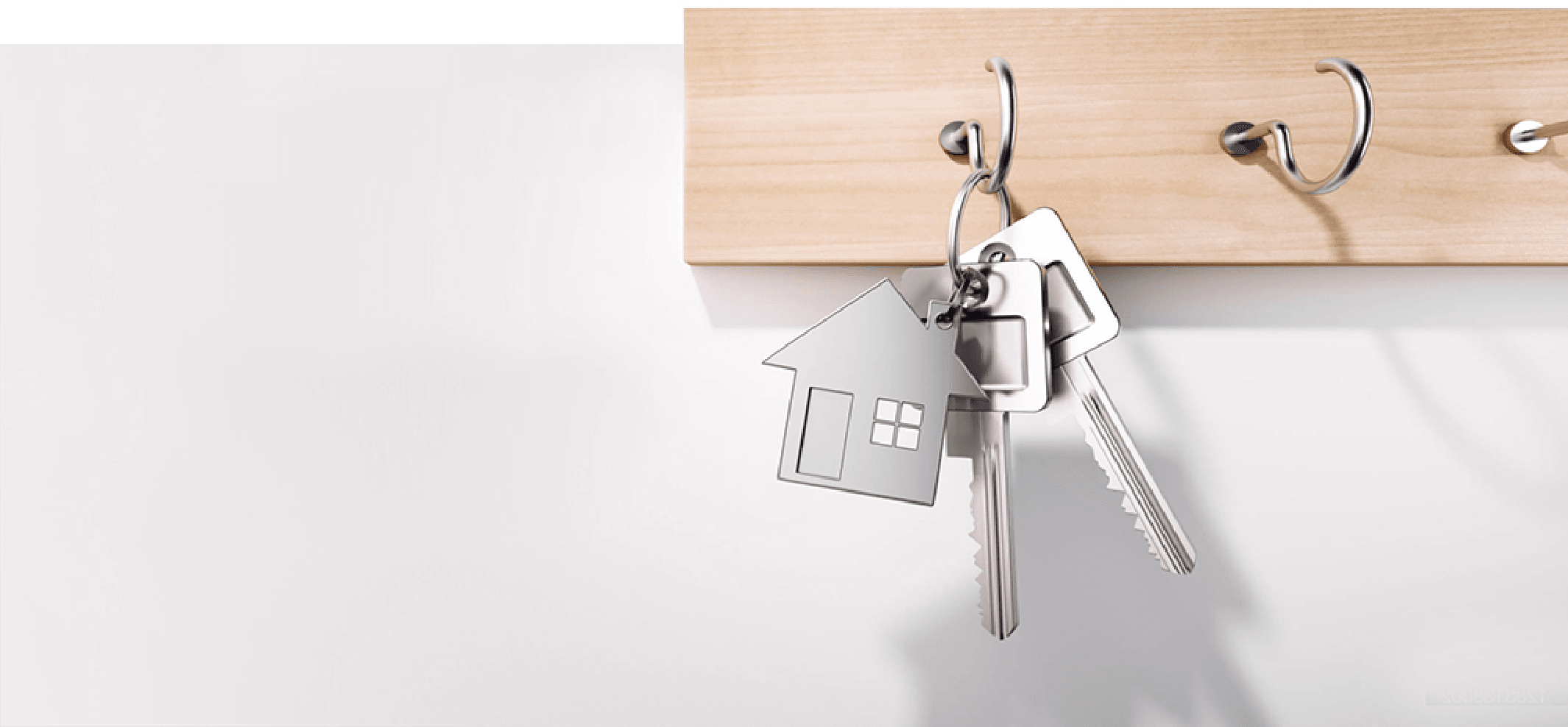Understanding Mundic Block: A Guide for Property Buyers and Sellers
If you're looking to buy or sell a property in Cornwall or the surrounding areas, you may come across the term 'Mundic block.' This term refers to a specific issue affecting some properties built between the early 1900s and the 1950s, primarily in regions with a strong mining history. Understanding Mundic block and its implications is essential for both buyers and sellers to navigate the property market effectively.
What is Mundic Block?
Mundic block refers to concrete blocks containing waste materials from mining and quarrying industries, including mine waste, china clay residues, and beach gravel. These materials were commonly used in construction due to their local availability. However, over time, some of these materials have been found to deteriorate, compromising the structural integrity of buildings.
How Does Mundic Block Affect Properties?
The primary issue with Mundic block is that certain minerals within the concrete can react with moisture, leading to chemical breakdown and structural weakness. Sulphide minerals, for example, can oxidize and form acidic compounds that erode the cement matrix. Other materials, such as certain types of furnace residue and reactive silica, can expand and cause cracking or crumbling. These structural problems can make properties unsafe and significantly reduce their market value.
Mundic Block Testing and Property Sales
Because of the risks associated with Mundic block, mortgage lenders often require a Mundic block test before approving a loan for properties in affected areas. This test involves:
-
Sampling: A specialist extracts small core samples from the property's walls.
-
Analysis: The samples are examined to determine the composition of the concrete.
-
Classification: The results are classified into three categories:
-
A (sound concrete) – No significant Mundic-related issues.
-
B (borderline cases) – Further investigation may be required.
-
C (unsuitable material) – Indicates significant degradation and potential structural failure.
-
A property classified as Category C is unlikely to qualify for a mortgage and may require extensive rebuilding or remedial work.
What to Do If You're Buying or Selling a Property with Mundic Block
For sellers, it's advisable to have a Mundic block test conducted before listing the property, especially if it was built before 1950 in an affected area. This transparency can help avoid delays during the selling process.
For buyers, if you're interested in a property that may contain Mundic block, ensure a test has been conducted and review the results carefully. If the property falls into Category C, you may need to consider the costs of remedial work or explore alternative properties.
Need Expert Advice?
If you're unsure whether a property is affected by Mundic block, consulting a professional surveyor with experience in this issue is essential. Many estate agents in Cornwall and the South West are familiar with Mundic block concerns and can guide you through the buying or selling process.
For more information on Mundic block and how it could affect your property transaction, feel free to get in touch with our expert team today!

Read What Our
Customers Say

How Much is Your Property Worth?
To find out how much your property is worth in the current market, get in touch with us today!
Book a Valuation